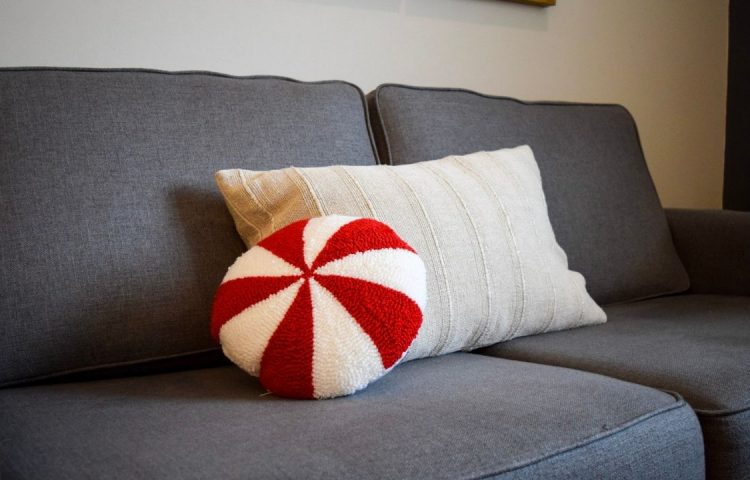The holidays are supposed to feel joyful, but for a lot of people they just feel hard. There’s pressure to show up, spend money you don’t have, complicated family dynamics, and somehow feel grateful through all of it.
Gratitude isn’t about forcing positivity or pretending everything is fine when it’s not. It’s about noticing what’s good, even when life feels heavy.
What Gratitude Actually Does for Your Brain
Research has shown that gratitude is far more than just a “feel-good” emotion. It actually has measurable benefits for mental and physical health.
- Improves Mood: Regular gratitude practice can reduce symptoms of depression and anxiety, while boosting overall life satisfaction. Noticing and appreciating the good things can actually rewire our brain to focus on positivity.
- Helps Physical Health: Gratitude has been linked to better sleep, lower blood pressure, and a stronger immune system. People who practice gratitude often report feeling healthier and more energetic.
- Reduces Stress: Gratitude lowers cortisol, our primary stress hormone. By focusing on what we’re thankful for, we naturally shift away from stressful thoughts toward feelings of calm.
Why the Holidays Make Gratitude Harder
The holidays come with a lot of “shoulds”. You should feel happy. You should want to be around family. You should be excited about the season. But what if you’re grieving someone who’s not here anymore? What if family gatherings drain you? What if you’re financially stressed or just exhausted?
It’s okay to feel that. Gratitude isn’t about ignoring what’s hard. It’s about giving yourself permission to hold both things at once: the struggle and the small moments of good.
Simple Ways to Practice Gratitude This Season
You don’t need a journal or a routine. You just need to notice. Here are a few simple tools to help you get started:
- Before bed, think of three small things that went okay today. Your coffee was warm. Someone smiled at you. You made it through. That counts.
- Send a quick text to someone who made your life a little easier this week. Let them know you noticed.
- When something feels good, make sure to pause and notice it. That’s gratitude in real time.
- Keep a running list of things you’re grateful for. Add to it whenever something comes to mind. On hard days, read it back to remind yourself of those feelings.
When Gratitude Isn’t Enough
Gratitude can help, but it won’t fix everything. If the holidays feel unmanageable or you’re battling something hard, talking to someone can make a real difference.
Therapy is for anyone who wants support, clarity or a safe space to process what they’re feeling. At Healthwise, we make it easy to get started with immediate openings both in-person and virtually.
You don’t have to have it all figured out. You just have to take the first step.
If you’re ready to take care of your mental health through the holidays, our team created a free Holiday Mental Health Check-In Guide to help you do just that. Download it below and give yourself the support you deserve this season.

